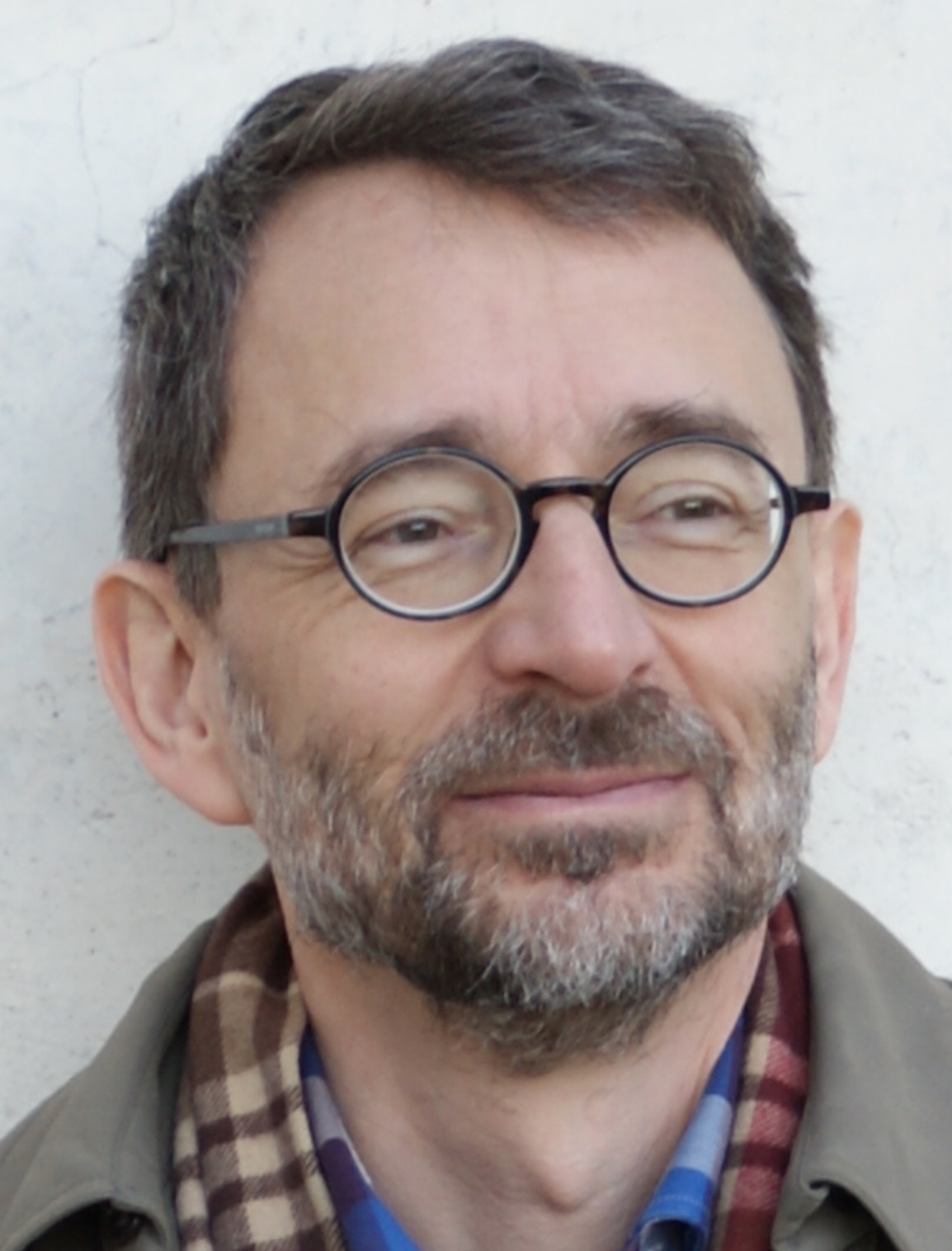
Biography
Research interestsI received a master in mathematics from the University of Paris VII in 1985, and a master in Chinese studies also from the University of Paris VII in 1987. I obtained a PhD in computer Science from the University of Paris XI in 1990 under the supervision of Serge Abiteboul. I did a postdoc in the University of California in San Diego in 1990 with Victor Vianu. In 1995, I obtained my habilitation thesis in Computer Science from the University of Paris XI.
During the 1990s, I have been researcher at INRIA, in the Verso project in Rocquencourt with several interruptions to go abroad. During the year 1994/1995, I went for a sabbatical in the University of Toronto, Canada. In 1996/1998, I spent two years in Italy in the University of Roma 3, and the IASI Lab of CNR. I became "research director" at INRIA in 1997.
During the 2000s, I have been involved in the management of international cooperation. From 2000 to 2003, I was director for international relations at INRIA. I then became science counselor in the French Embassy in Beijing from 2003 to 2005. I was a member of the French national Commission of UNESCO from 2001 to 2006.
I then joined the Sino-French IT Lab, LIAMA, in Beijing, that I headed during four years 2006-2009, and launched the Netquest team on programming abstraction for distributed computation over networks. In 2006, I received the title of PhD advisor (博导) of the Chinese Academy of Sciences. I am the first foreigner to obtain this title, in any field, in the Chinese Academy of Sciences.
In 2011, I joined INRIA Rhône-Alpes in Lyon, and launched the DICE team on the Data on the Internet at the Core of the Economy. Since 2013, I have been involved in the management of IXXI, the Complex Systems Institute, as director or vice-director.
My research interests focus on data, both from a computer science point of view, the problems of manipulating complex data as they arise in many fields, and from a socio-economic point of view, the structural impact of the explosion of data. Most of my research takes place at the borders of disciplines, from natural sciences (biology), to social sciences (economic, law, political sciences), area studies, together with network and system sciences.Publications
Since I joined IXXI, I am particularly interested in digital platforms, which are fueled by data, reach directly the whole population, as well as technological devices, and ensure intermediation over multi-sided markets. They disrupt the structure of society, by taking control of knowledge, modifying information asymmetries, changing power imbalances, while favoring a horizontalization of the organisation.
The contemporaneity of the digital revolution and the increasing challenges of the anthropocene, raises a series of questions. Digital platforms offer indeed alternative economic models, including adaptative pricing, sharing, horizontal trust, etc. that could be very promising to face problems of resources.
I have been also interested in bioinformatics, and in particular in the analysis of biological data. I designed a compression algorithm for DNA sequences, BIOCOMPRESS, which to the best of my knowledge has not been surpassed.
I am also interested on contemporary China, and more specifically on its scientific and technological development, and its impact (See 中国科学技术).
As a computer scientist, I have worked extensively on databases and programming abstractions.
In the field of databases, I have worked extensively on the development and the foundations of query languages for complex data types. Query languages, unlike programming languages, offer a very limited expressive power and are extremely easy to evaluate over very large quantity of data. The general purpose of my work was to define high level query languages based on logical formalisms (such as first-order logic), which can model complex data, independently of their physical representation, and are both easy to use (for the user), to optimize, and to evaluate (for the processor).
I have considered a large class of data types, such as complex objects, extending the relational model with nested sets, a construct fundamental in most formalisms today (eg XML), as well as bags and lists. Several of my results deal with theoretical properties of the query languages, such as their expressive power and complexity. I have shown in particular how to define tractable query languages for complex data types.
I have also worked extensively on spatio-temporal data. I contributed to the development of the constraint data model which allows the representation of spatial data as infinite relations defined by numerical constraints. It can be shown that these data can be manipulated much like the finite relations of Codd model. I developed the DEDALE system for complex spatial queries, a spatial database prototype based on constraints.
I also considered statistical data such as those produced by census bureaus. Interestingly Census bureaus have no means to decide which queries they can answer given the aggregate tables they detain. I have proposed a formalization of the schema of the tables to allow automatic computation of some queries. This problem is a particular instance of the problem of answering queries using views.
Recursive query languages can also be used to design programming abstraction for distributed computation over network, a field that I pursued in the Netquest team.
I have written over 100 papers in international conferences and journals.Ph.D. students
Most of my publications can be found on DBLP, HAL, Google Scholar, or Microsoft Academic Search
I have been the general chair of the 10th Asian Computing Science Conference, ASIAN 2005, Data Management on the Web, Kunming, China, December 7-9, 2005, Springer LNCS 3818;
and the co-PC Chair of the 9th International Conference on Mobile Data Management (MDM'08) Beijing, China, April 27-30, 2008.
The following students graduated under my (co)-supervision.
They have positions in Academia or Industry in the USA, Europe or China.Zoé Lacroix, Orsay 1996
Fariza Tahi, Orsay 1997
Luc Segoufin, Orsay 1999
Leonardo Tininini, Rome 2000
Pierangelo Veltri, Orsay 2002
Wenwu Qu, Beijing 2010
Fang Wang, Beijing 2010
Kun Suo, Beijing 2011
Ahmad Ahmad-Kassem, Lyon 2013


